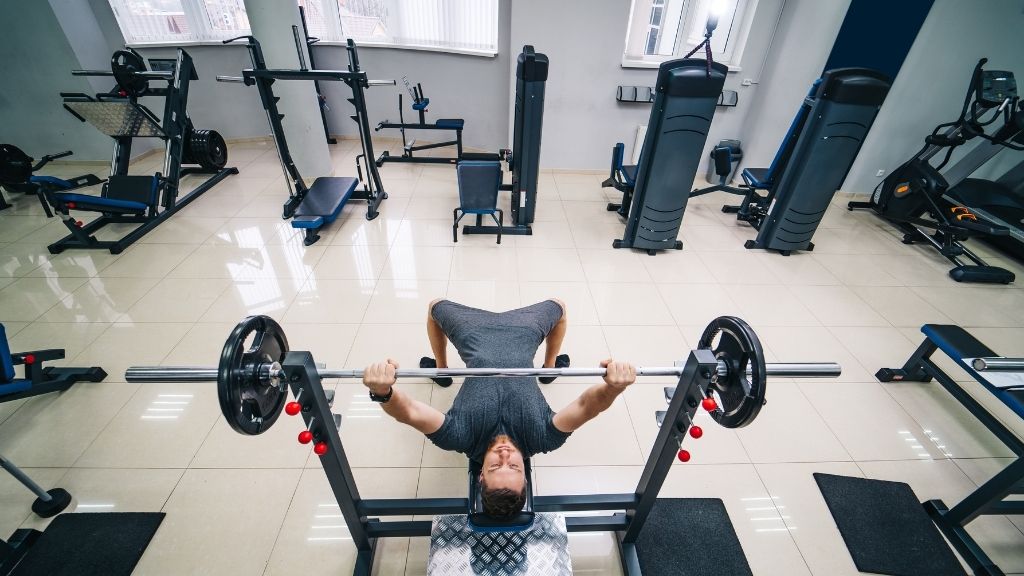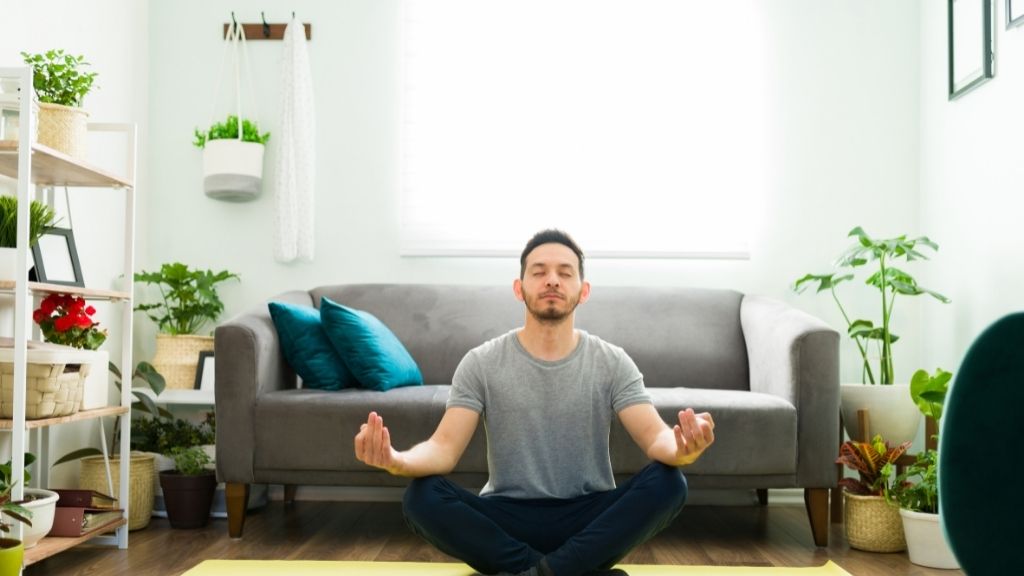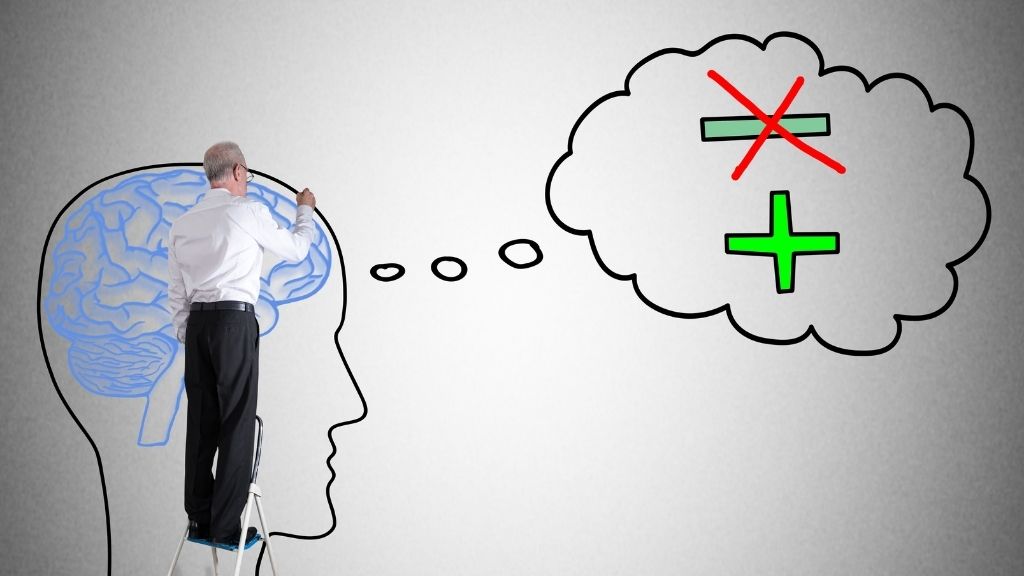Address
AJP Better Health, 125A, Trivandrum road, Palayamkottai, Tirunelveli
Address
AJP Better Health, 125A, Trivandrum road, Palayamkottai, Tirunelveli

The World Health Organization (WHO) defines mental illness as the ‘mental or psychological disorders that affect thinking, feeling, or language’. This includes many different emotional conditions such as depression, anxiety, stress and many more. It also lists common conditions that can lead to a mental disorder.
These conditions include things like, severe stress, chronic pain, loss of memory, poor self-efficacy, low social support, substance misuse, family problems, and so much more. A mental disorder can be hard to get help for and it can take a long time to get better. So if you or someone you love is struggling with these things and want to recover, these tips will show you how to get better.
If you or someone you know is suffering from a mental disorder, don’t hide from it! Everyone’s health and wellbeing is important so don’t try to pretend no one understands what you are going through. You need to let them see you hurting and you need to do whatever you can to make them feel safe and loved. And maybe they need some suggestions on how to cope with this?
The first line of advice that comes to mind when talking about mental health is telling people you are struggling instead of avoiding discussion at all costs. But if you have been diagnosed with a mental disorder, it means that you are having difficulty with your thoughts, emotions and behaviors. If you think there is nobody that understands you and you are very reluctant to talk about your anxiety, depression or other mental health issues then it might be better not to lie to others. Tell people what you feel and what you are feeling. Because sometimes these things aren’t good. They can cause others distress or harm people

People often forget that they sometimes need help themselves, but we all certainly need help. So if a person you know is struggling with a mental health issue, you may be tempted to ignore it or not tell anyone you are struggling. There are lots of reasons why you shouldn’t lie to yourself about being struggling. Sometimes it’s because you have been ashamed of it or you are worried that you could embarrass yourself. But it’s best to tell people around you, so they understand what you are feeling because they will know how close you are to being depressed or anxious. Plus, speaking to them honestly about how it makes you feel can help. Asking questions and asking for help is a great way to start making friends. Your therapist may suggest that you ask about people you know are struggling and ask if they would like to speak to someone about what they are struggling with.

Exercise is a great way to relax and get out of the house. Many studies have shown that physical activity is crucial for coping with mental disorders. We know exercise improves moods and helps us manage stress. So if you don’t want to walk and ride bikes all day, go do something else to keep your spirits up. Yoga, tai chi or dancing are just a few options to get you moving. Maybe doing a gentle stretch every few minutes will help. Especially if you feel like there are times that you aren’t sure what your next move should be, try to find an active routine that you enjoy. Get involved with small activities like playing sports, playing piano or learning how to pottery. When you feel like doing nothing, go for a run or take a walk. Just go for a walk or the stairs. There is a lot more to life than sitting in front of a computer all day. I’ve found that trying new things helps me get through any curve balls that come my way. So go for a stroll, swim, play soccer, work out or go for a jog. Try a new workout and you will soon discover how amazing it is for our brains!

Spending time with your hobbies can bring your attention back to the things you love, so even though it’s easy to get sucked into social media or scrolling social media to check Instagram or Facebook, try to focus on something that gives you pleasure. Not only will doing something creative improve your mental state of mind, but it can also boost confidence and sense of achievement. Spending time doing arts and crafts makes you feel like you are contributing something to society and improving yourself. Reading poetry and music can also give you joy from inside. Keep busy by joining groups, volunteering or participating in social events because doing something can help your mental state of mind. You get to know people and have conversations with other people that you may not have met otherwise. You don’t always know what is going on in their heads but if you spend time with them, you will find their world becomes clearer.

Meditation is a great way to calm down and relax if you have a mental health issue. Studies show that it can reduce symptoms of stress and depression, and meditation can even ease the feelings of loneliness
There have been studies that support meditation and can relieve depression and anxiety. Even though some studies have found that meditation doesn’t always work to treat depressive symptoms or panic attacks, research is showing there is still evidence that “the use of relaxation techniques can lead to significant reductions of anxiety and anxiety-related symptoms, particularly when combined with cognitive techniques to increase resilience and adaptation”.
I’ve found that listening to myself and taking deep breaths can help me stay away from negative thoughts and feelings. Also, I meditate while walking or running. The benefits of doing so are great for dealing with stress and worrying about things that aren’t actually real at the moment. I’ve used meditation to cope with anger, depression, anxiety and stress. Meditation has helped me through most of those things.

Many patients go through tough times without a solid support group of people to listen to them, so help support groups for people suffering with anxiety, depression and other mental health issues. These groups can support each other and ensure that other members are getting through it together as well. For example, Grief’s Support Group can help you get the best care possible, which is a big deal for some. Depression Support Association is another good example. There are plenty of groups of people that love someone with a mental health issue and they will encourage people who are struggling with their illness. By being part of a community, you can build friendships with people who share your same struggles and problems. Having somebody to listen to helps to build bonds and shows you that you also have people wanting help too.

Once you are struggling mentally, finding out where you need help is the key. Most mental health professionals will provide a list of options and that will help you look for the right place and time to get the help you need. But remember that when trying to find help, you have to do your own research and seek help from qualified people. So when looking for help talk to a professional. If this means that you can’t find help, there are people waiting for you in a hospital. Or maybe you need an appointment with a counselor/psychologist, which will take several hours and you are lucky if they can see you for four hours. Make sure to find a location that feels comfortable for you and ask the receptionist at the hospital where you want to meet. At least try to meet with three or more therapists who can help. Look for doctors or counselors who have experience working with people with mental health problems. They have access to the latest scientific advancements in treating these mental health issues. However, not everyone knows exactly where they are or who they are. Therefore, it may be worth seeing a therapist who has worked with people who have these problems before.

Positive thought is proven to lower depression and anxiety. Positive messages are good for your brain. Research shows that positive reinforcement helps to strengthen the connections between neurons, so that they are able to send signals to each other and receive information between each other. It also promotes healthy nerve cell growth. In addition, positive messages can also activate the immune system, boost mood and boost cognition. One study showed how good news of a positive event (for instance getting a promotion) is enough to suppress depression. Negative news of bad events such as lack of money, bad grades, having lost contact with friends or losing someone you love can also trigger a depressive episode. Positive words can help lift your mood and make you feel better for a short time. Positive words like “I love you” or “I am fine” will help with sadness. Allowing words to flow about how your day is over and how things are going will boost your mood and help your mental state of mind. Positive emotions like compassion, concern and empathy will help with anxiety or stress. So think of positive things to say to yourself and people around you that will lift your mood and allow your brain to think in the positive way it should be.

Many people struggle to handle their feelings because they have never experienced them before. However, if you don’t like feeling sad or angry, don’t stay in the dark. Give yourself permission to feel and to think. Allow yourself the opportunity to be sad or angry. Instead of letting yourself wallow in sadness, remember that it will get easier as time goes by. Remember that you have a choice how you respond to any event in your life. Ask yourself whether something makes you happy or happy and make a conscious effort to put aside these feelings and stop dwelling on them.